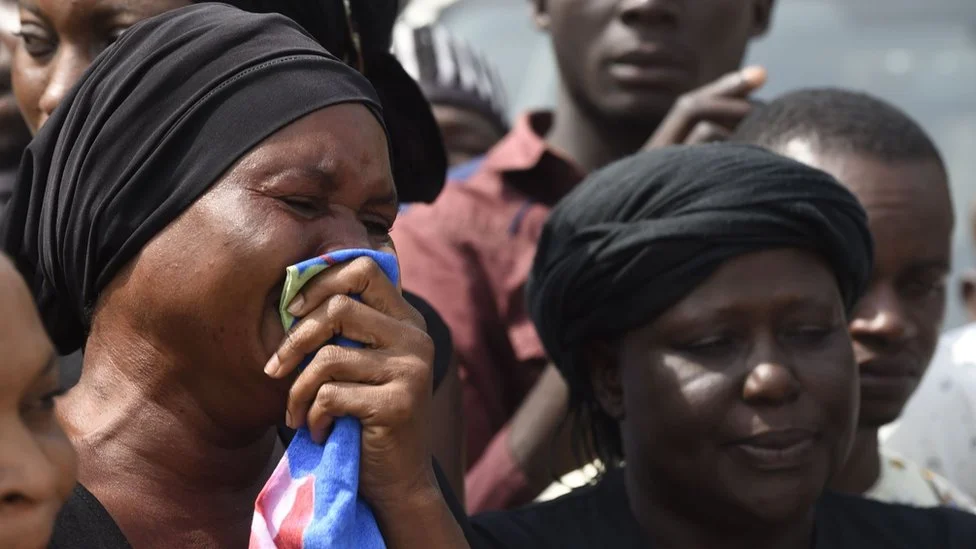On March 21, 2021, jihadists on over 200 motorcycles raided Intazayene, Bakorat, and Wistane in Niger’s Tahoua region near the Mali border, killing 137 civilians, the government reported.
The assailants, suspected to be from the Islamic State in the Greater Sahara (ISGS), shot “at everything that moved,” a local official told AFP, marking Niger’s deadliest jihadist attack to date.
National Mourning and Condemnation
Niger began three days of mourning on March 23, with flags at half-staff and state media broadcasting Koranic verses, per Al Jazeera. African Union Commission Chairman Moussa Faki Mahamat condemned the attacks, urging stronger counterterrorism efforts in the Sahel, a region plagued by al-Qaeda and ISIL affiliates.
Ethnic Tensions Fuel Violence
The attacks, largely by Fulani herders, retaliated against self-defense militias formed by Djerma and other farming communities, escalating ethnic conflicts, civil society activist Harouna Abarchi said.
The violence followed the killing of two ISGS scouts by villagers in December 2020, per ReliefWeb. The Sahel’s ethnic divides, particularly between Fulani pastoralists and sedentary farmers, have fueled insurgencies, with ISGS exploiting Fulani grievances.
Military and Political Response
President-elect Mohamed Bazoum, set to succeed Mahamadou Issoufou, denounced the “barbaric” attacks and deployed army reinforcements to Tahoua, vowing to combat insecurity.
The government launched an investigation, but retired colonel Abou Oumarou questioned the military’s failure to detect 200 motorbikes, per Reuters. “These zones need surveillance to track massive movements,” he said.
Recent Violence Context
The March 21 massacre surpassed prior attacks: on March 15, ISIL killed 66 in Tillaberi’s Banibangou and Darey-Daye, and 33 Malian soldiers in the tri-border area, per Al Jazeera. On January 2, 100 died in Tillaberi’s Mangaize district.
The Sahel’s weak governance and resource disputes, worsened by climate change, enable jihadist groups like ISGS and Jama’at Nusrat al-Islam wal-Muslimin (JNIM) to thrive, displacing 2.6 million in Liptako-Gourma, per the Council on Foreign Relations.
Ongoing Challenges
The attacks highlight Bazoum’s security challenges amid Niger’s poverty and a 2021 failed coup attempt.
ISGS and JNIM exploit ungoverned spaces and ethnic tensions, targeting civilians to destabilize the region, per the Foreign Policy Research Institute. Niger’s military struggles with mobility and intelligence, risking further escalation in the fragile Sahel.






